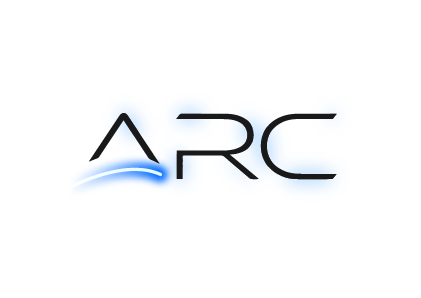ARC Introduces Reactor, Outpaces on Performance and Energy Use for Most Energy-Efficient AI
ARC Introduces Reactor, Outpaces on Performance and Energy Use for Most Energy-Efficient AI
- MMLU score of 92.94 percent and Human Eval score of 91 percent
- The ARC AI model, Reactor Mk. I, required fifty thousand times less energy to train than GPT4
- Early access waitlist for ARC Reactor Mk. I GenAI opens June 11th, 2024
WILMINGTON, Del.--(BUSINESS WIRE)--ARC Solutions, Inc., a deep tech company developing the next generation of efficient AI and secure Web3 products, today announced Reactor, an AI model designed to better serve humans through faster and more accurate results, and with significantly lower energy consumption than the industry average. With fewer computational resources required for training and use than conventional AIs, Reactor has proven to deliver speed and accuracy within the top-5 of AI industry benchmarks.
ARC evaluates AI performance both in terms of raw benchmark performance score as well as the energy the model required for training to achieve the score, advancing both the state-of-the-art of AI and the impact AI has on the planet. In addition to being many times more energy efficient, Reactor Mk. I has outperformed the leading AI models in the MMLU and HumanEval benchmarks:
|
ARC Reactor Mk. I |
OpenAI GPT4o |
Anthropic Claude |
Meta Llama3 |
Gemini |
OpenAI GPT 3.5 |
Mistral 8x228 |
MMLU |
92.9% |
88.7% |
86.8% |
86.1% |
81.9% |
70% |
77.75% |
HumanEval |
91% |
90.2% |
84.9% |
84.1% |
71.9% |
48.1% |
——— |
In the figures published by ARC today, Reactor Mk. I scored 92.9 percent on the MMLU benchmark and 91 percent on the HumanEval benchmark. Reactor Mk. I was trained using just eight NVIDIA L4 and four NVIDIA A100 GPUs, with a combined training time of less than one hundred hours. Based on the maximum thermal design power output (TDP) of these GPUs, Reactor Mk. I consumed less than one megawatt of energy during training. Compared to the OpenAI flagship model GPT4, which scored 86.4 percent on the MMLU benchmark, the calculated model training energy overhead using publicly reported data is approximately 50,000MWh. That energy use is equivalent to nearly 35,000 metric tons of carbon emissions, or adding more than 8,300 gas-powered passenger vehicles to the road for one year. As such, the Reactor Mk. I model required less than 50,000 times the amount of energy for training than GPT4 did, while still achieving industry-leading results.
“With an AI that simply ‘thinks’ better and does not need buildings full of GPUs next to a power plant for training, what we’ve achieved at ARC is a leap for the entire AI industry,” said TJ Dunham, CEO at ARC, Inc. “This achievement shows that astronomical computing power isn’t the precondition to AI innovation. We focused on making our model radically efficient and moving the AI bottleneck of ever larger resource pools and ever larger models far out into the future.”
The ARC Reactor aims to deliver fundamental advances in statefulness and information persistence, which can power improvements in training efficiency and response quality. The result is an AI solution that can be more helpful in assisting human endeavors.
“By using a novel approach to data organization, Reactor also requires drastically fewer training resources, breaking with the unsustainable AI industry trend of ever more compute power and ever larger carbon footprints,” continued TJ. “With high quality and high efficiency, we are delivering an AI that can be more properly wielded by any user, from the consumer to the enterprise data scientist.”
The early access waitlist for the ARC Reactor Mk. I GenAI is now open, helloarc.ai/reactor.
ARC
ARC is a deep tech company developing the next generation of efficient AI and secure Web3 products. Founded in 2023, ARC was built on the belief that AI should work in the service of humanity while being simple and transparent enough to be accessible to as many humans as possible.
Contacts
Technica Communications for ARC Solutions, Inc.
Cait Caviness
arc@technica.inc
